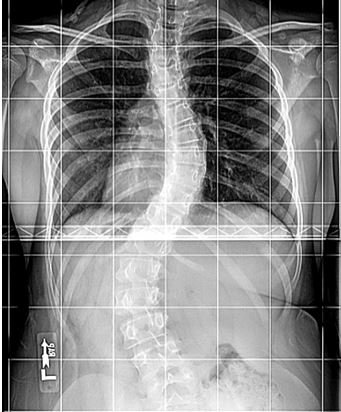The Limits Of Comparative Advantage & Dead Economists
Friday, 27 March 2020By Chris Yapp
“All models are wrong, but some are useful”. George E P Box.
The quote above is one that has been very important to me over years. It is a useful self-test to understand what assumptions I am making and to think about why they might not be right. Economics is full of ideas that either can claim to have stood the test of time, or conversely have survived when the evidence is contestable. The use of economics by politicians often appears to believe that economic laws have the same status as the laws of Physics. To Physicists, the laws we have are also wrong, at best approximations and useful till superseded. In the recent speech by the Prime Minister at the Royal Naval College, he said:
“We in the global community are in danger of forgetting the key insight of those great Scottish thinkers, the invisible hand of Adam Smith, and of course David Ricardo’s more subtle but indispensable principle of comparative advantage, which teaches that if countries learn to specialise and exchange then overall wealth will increase and productivity will increase, leading Cobden to conclude that free trade is God’s diplomacy”.
Now Ricardo’s law of comparative advantage is one of the most venerable insights into the workings of market economies. The challenge that I wish to explore is whether comparative advantage is increasingly contestable in the context of the global interconnected economy of the 21st Century.

I think that there are three grounds for concern that face us all especially since the 2008 crash: inequality, the environment, and systemic risk.
When countries increasingly specialise in an interconnected world, jobs that would have kept factories busy in Northern Towns of the UK are concentrated in cities and regions of China that most of us have never heard of. If you want to level up the UK and create high value work outside London and the South East how do you create sustainable comparative advantage in say Big Data, Artificial Intelligence or Genomics, to give some examples, in former mining communities?
Second, if we include all factors of the Zero Carbon world we aspire to build, does outsourcing the manufacture of say prams or bikes to the other side of the world and then shipping them great distances reduce the benefits arising from specialisation and if so by how much?
Finally, the uncertainty around the emerging Covid-19 pandemic has demonstrated the risks of specialisation. During the 2011 Thailand Floods, supply chains in automobiles and PCs, for instance were disrupted leading to shortages in Europe and the US for some time.
Even at this early stage of Covid-19, we have companies in tech, pharmaceuticals, toys, auto and supermarkets among others warning of shortages from China. In the case of toys, the impact could be felt at Christmas this year. With other countries impacted the potential slowdown of supply chains in many sectors could be highly significant. Add that to impact on travel and tourism and the current economic models look very fragile.
Returning to Physical Laws, although Newton was superseded by Einstein, we still use Newton for many applications because they work in contexts that are well understood. The overheads and complexity of relativity are not needed for trains for instance, though they are for satellites. In the run up to the crash of 2008, many argued that modern finance in developed economies was incapable of the liquidity crises seen in some developing countries. The models were wrong. They worked until they didn’t.

So, I am not suggesting that the law of comparative advantage has no place in a modern economy, but its limits need to be better understood. It is worth remembering Keynes great quote:
“Practical men who believe themselves to be quite exempt from any intellectual influence, are usually the slaves of some defunct economist. Madmen in authority, who hear voices in the air, are distilling their frenzy from some academic scribbler of a few years back”
I would go further. Treating Dead Economists theories from a different age with almost religious awe by politicians is, for me, deeply unhelpful. Economic theory and practice has developed significantly over the last 40 years, notably in behavioural economics.
Economists have a much better grasp on the limits of rational expectations as the basis of consumer choice, for instance. Perhaps we could update Andrew Lang’s insight by replacing statistics with economics in the quote: